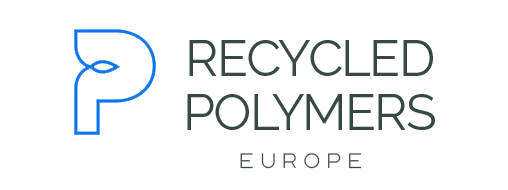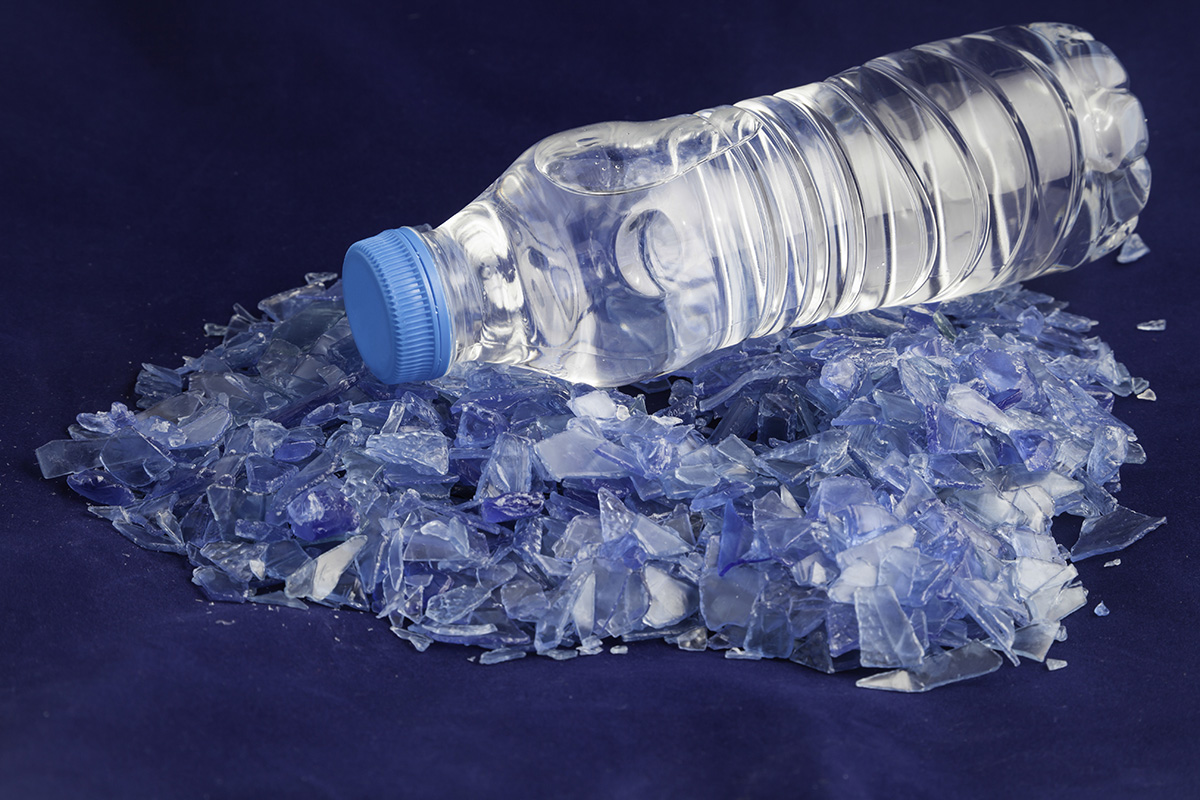-
-
-
-
-
WHAT IS PET?
PET, or polyethylene terephthalate (polyester), is a polymer that is obtained from para-xylene and ethylene. It can be processed using various methods, including injection, injection blow moulding, extrusion, and thermoforming.
It is a linear material, extremely tough and highly transparent, with strong resistance to wear, breakage, impacts, fire and chemical products. It is also 100% recyclable and environmentally friendly. When it is exposed to flame, it produces only a small amount of non-toxic fumes.Types of PET
Its main applications include:
- Textiles: PET was originally developed to replace natural fibres such as cotton and linen, and was first used in industry.
- Bottles: Mostly containers, as it is able to remain in contact with food and drink and helps to preserve their aromas and flavours.
- Sheets: blister packs for tools, toys and food trays.
- Film: The most widespread uses of PET include film for use with photographic and audio applications and X-ray imaging.
-
-
-
-
EXAMPLES OF OUR R-PET MATERIALS
-
-
-
-
- Pellets
- R-PET in the form of pellets, obtained from flakes of PET bottles that are hot-washed, meticulously cleaned, filtered (optionally, the intrinsic viscosity can also be modified) and extruded.
- Preform regrind
- Regrind of PET preforms rejected during production. Preforms are the precursor material that is blown to make PET bottles.
-
- Micronized PET
- This material comes from the production of PET materials (whether from new or recycled resin) and is later shredded and micronised to a powder form.
- Hot-washed flakes
- PET bottles are subjected to a comprehensive battery of processes that remove any labels, caps and other contaminants by washing at high temperatures, to produce flakes that are exceptionally clean and suitable for high-value applications.
-
-
-
-

